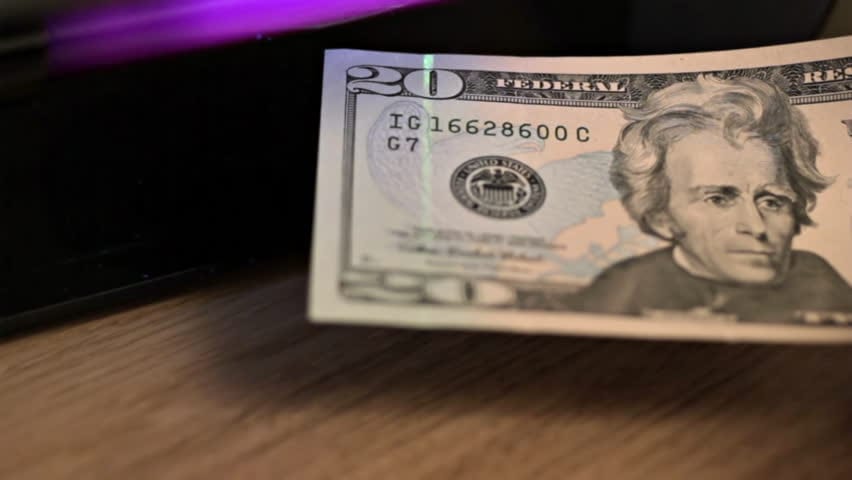This activity will help students understand that while we are free to choose, we do not always have the freedom to choose the consequences of our choices.

- Spatial Requirements: Little or no space required
- Activity Type: Object lesson
- Grades: 1-12
- Group Size: 2 or more
- Time: 5-10 minutes
Materials:
- 1 tube of toothpaste
- 1 $20 bill
- 1 sheet of wax paper, construction paper, or cardstock
- Wet wipes or paper towels for cleanup
- 1 candy bar or treat
- 1 table or desk
Activity:
To set up for this activity, place the sheet of paper, tube of toothpaste, and $20 bill on the table or desk.
Tell the group that they have a chance to win $20. Show the materials on the table/desk and select a volunteer by asking, “By raise of hands, who would like to win $20?” When everyone raises their hands, ask, “How many of you brushed your teeth this morning?” This will eliminate a few group members. For those remaining, have them pick a number between 1 and the number of people remaining. Pick one of these numbers and write it on a piece of paper out of sight. The closest participant becomes your volunteer.
Tell the volunteer that in 30 seconds, he/she must squeeze as much toothpaste as possible out of the tube and onto the paper. When the time is up, tell the volunteer that you will give him/her $20 to get all of the toothpaste back inside the tube in two minutes. Before the volunteer begins, ask if they are sure they want to go through with the challenge. If yes, continue. If no, invite the person with the next closest number to participate.
Encourage the observers to cheer the volunteer on.
Even though your volunteer likely won’t win the $20, give him/her a candy bar for putting forth an effort.
Processing the Experience:
- How successful were you at putting the toothpaste back into the tube? (Ask the volunteer.)
- Why did you volunteer for the activity? (Ask the volunteer and then the entire group.)
- When was the last time you got in trouble?
- If you knew the consequence, would you have still participated in the behavior? Why?
- Why do we make $20 decisions in life when we know the consequences will be negative?
- If you keep getting in trouble for the same thing over and over again, what is that telling you?
- When you hit the wall and “crash in life,” will the consequences of your choices give you lasting opportunity, freedom, and self-respect? Why?
- What will motivate you to get on another path?
- Who can help you?